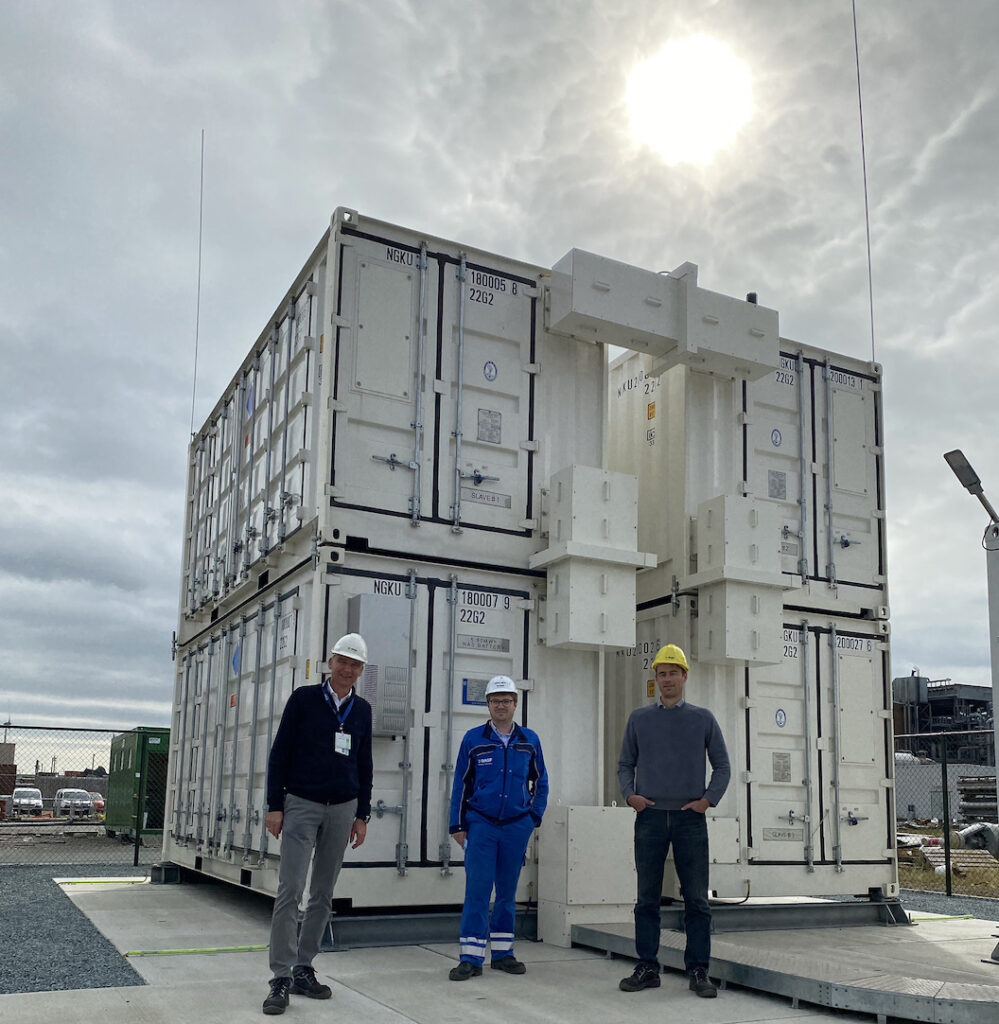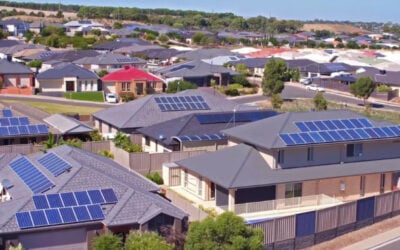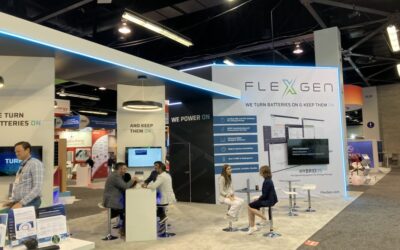
Sodium-sulfur (NAS) battery storage manufacturer NGK Insulators has formed new partnerships in Japan aimed at both the distributed and utility-scale segments of the energy market.
NGK is a specialist in industrial ceramics by history, serving markets including car manufacturing. Its NAS battery is designed for medium to long-duration energy storage (LDES) and other stationary applications, with more than 5GWh deployed globally since its commercialisation more than 20 years ago.
Enjoy 12 months of exclusive analysis
- Regular insight and analysis of the industry’s biggest developments
- In-depth interviews with the industry’s leading figures
- Annual digital subscription to the PV Tech Power journal
- Discounts on Solar Media’s portfolio of events, in-person and virtual
Its new partnership in the utility or large-scale sector is with Sustech, a Tokyo-based company which takes technology-led approaches to enabling decarbonisation.
That includes selling solar, wind and geothermally-generated energy through power purchase agreements (PPAs) and financing post-subsidy renewable energy projects now that Japan’s relatively lucrative feed-in tariff (FiT) scheme has ended.
It has also developed ELIC, a platform for managing decentralised power sources such as solar PV. ELIC is an AI-based distributed energy resource (DER) platform which manages the resources’ market transactions, exposing them to opportunities which can include wholesale electricity markets, capacity markets and balancing markets.
A large-scale energy storage system (ESS) based on NAS batteries will be onboarded to the platform, which will be used to control them and maximise their profitability, NGK said in late September. While details of the project were not given, NGK did say the ELIC platform will be implemented before the end of the 2024 financial year (FY).
This follows a preliminary feasibility study which indicated the ELIC platform could effectively increase profitability for such a system, while the two parties will also work on how it could be used to manage hybrid ESS comprising sodium-sulfur and lithium-ion (Li-ion) batteries.
They will also investigate how the platform could best manage energy storage facilities paired directly with renewable energy generation.
In the other relevant recent announcement from NGK, a joint venture (JV) from the company that works on digital electric power services is building a proprietary virtual power plant (VPP) system featuring a claimed world-first application of decentralised identifiers (DID).
NR-Power Lab is a JV between NGK and Japanese electronics company Ricoh, in which NGK holds a slightly bigger stake at 51%. Its VPP service offering uses internet of things (IOT) technology to control energy resources and balance supply with demand, aiming to help integrate growing shares of renewable energy onto electricity networks.
Using AI, it predicts power consumption and generation and is then automated to optimise various different energy resources in a portfolio, and like Sustech’s ELIC platform, maximise profitability.
What NR-Power Lab claimed is special about this VPP project is the application of DID tech: DIDs manage the unique IDs of different individual resources or constituent parts of a system using technologies like blockchain. NGK said that means better control over the data provided from each energy resource in the VPP.
NGK’s battery storage controls will be combined with Ricoh’s IT tech including blockchain, IOT tech from startup CollaboGate Japan and energy resource optimisation controls from another startup, Sassor.
A field trial is planned to begin next year, with other partners on board including regional utility Hokkaido Electric Power which will construct the VPP and make observations on its performance, IHI Corporation which will evaluate the role of microgrids in the VPP and lithium-ion battery storage system provider Yamabishi.
Japan’s energy market opening up to storage
In both instances, the company and its partners are seeking to leverage digital technologies to maximise the potential for stationary energy storage to participate in Japan’s electricity markets, which are being opened up through a series of regulatory changes.
The changes have already led to the launch of numerous battery energy storage system (BESS) projects and new businesses. The first two lithium-ion BESS assets to trade in the spot market went online in June through developer Pacifico Energy, while a 70MWh project using NGK’s NAS technology was just one among several announced this summer in the country to be joining the trading opportunity.
In September, Blackrock-owned developer Akaysha Power and major Japanese conglomerate Itochu entered a strategic alliance agreement to develop utility-scale energy storage in Japan, Sumitomo Electric said a few weeks back that it will supply an 8-hour duration flow battery system for energy trading and oil major Idemitsu launched an energy storage business, to give some other recent examples.
In addition, Japan’s government passed new legislation, the Green Transformation (GX) Act in May this year, through which it aims to raise around a trillion dollars towards financing decarbonisation measures through things like bond issuances.






